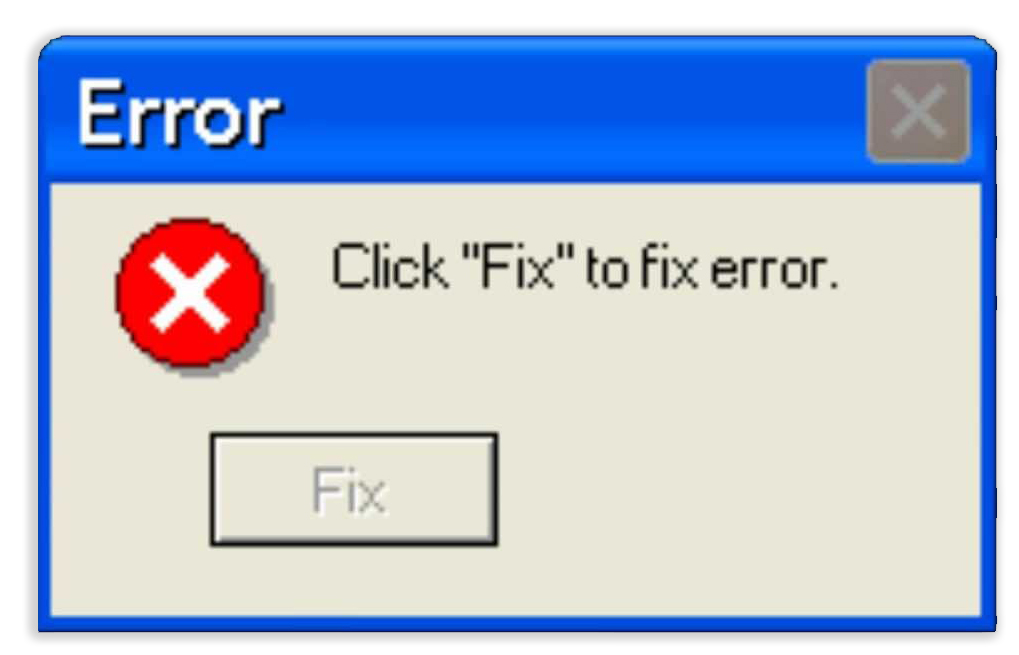We post news and comment on federal criminal justice issues, focused primarily on trial and post-conviction matters, legislative initiatives, and sentencing issues.

SUPREME COURT REBUKES 5TH CIRCUIT’S OUTLIER “PLAIN ERROR” STANDARD
Chuck Davis failed to complain when the district court made his federal sentence consecutive to a state sentence that was imposed for the same course of conduct. On appeal, however, he raised the issue under the “plain error” standard.
 “Plain error” under Rule 52(b) of the Federal Rules of Criminal Procedure is a standard which is tougher to meet than the usual standard of review when a defendant has raised an objection below, but still one that can be met in some cases. It holds that an error that a defendant failed to raise in the trial court cannot be entertained on appeal unless it relates to a district court error that was plain (obvious), that affected the defendant’s substantial rights, and is such that it affects the integrity of the criminal justice system.
“Plain error” under Rule 52(b) of the Federal Rules of Criminal Procedure is a standard which is tougher to meet than the usual standard of review when a defendant has raised an objection below, but still one that can be met in some cases. It holds that an error that a defendant failed to raise in the trial court cannot be entertained on appeal unless it relates to a district court error that was plain (obvious), that affected the defendant’s substantial rights, and is such that it affects the integrity of the criminal justice system.
That’s a tough standard in and of itself, but the 5th Circuit has traditionally added its own gloss: if the error depended on facts that could have been raised in the trial court, it does not meet the standard. Under this cobbled-on addition to “plain error,” the 5th Circuit refused to entertain Chuck’s argument at all. The Circuit does not permit plain-error review where a defendant’s argument raised factual issues that could have been raised in the district court, because “questions of fact capable of resolution by the district court upon proper objection at sentencing can never constitute plain error.”
By contrast, almost every other Court of Appeals in America conducts plain-error review of unpreserved arguments, including unpreserved factual arguments.

Yesterday, the Supreme Court said that the 5th Circuit had to do so as well. Rule 52(b) holds that “a plain error that affects substantial rights may be considered even though it was not brought to the court’s attention.” The Supreme Court said the “text of Rule 52(b) does not immunize factual errors from plain-error review. Our cases likewise do not purport to shield any category of errors from plain-error review… Put simply, there is no legal basis for the Fifth Circuit’s practice of declining to review certain unpreserved factual arguments for plain error.”
Chuck’s case was remanded to the 5th Circuit for plain-error review.
Davis v. United States, Case No. 19-5421 (Supreme Court, Mar. 23, 2020)
– Thomas L. Root

